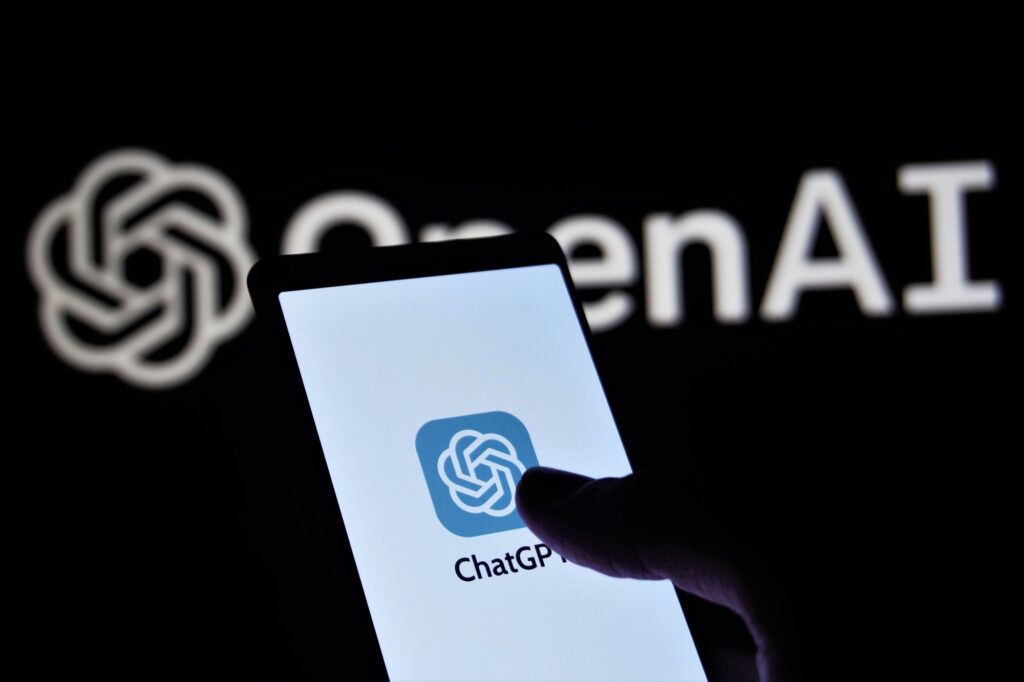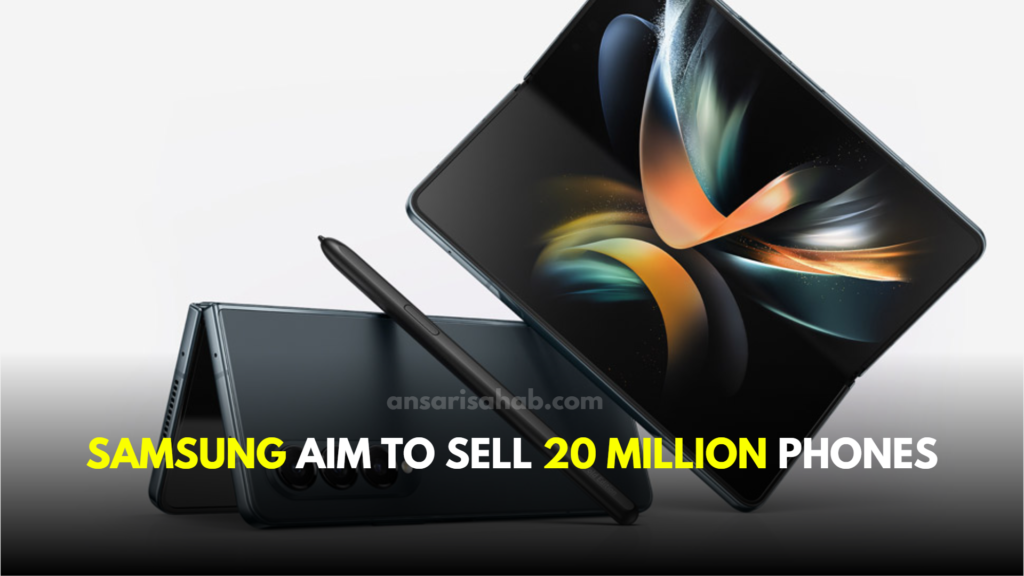🌍 1. Defense Innovation: How Wartime R&D Powers Tech Growth
In Israel, recent wartime experiences have dramatically accelerated defense‑technology innovation. Soldiers, like reservist Zach Bergerson, highlighted operational blind spots—especially against drone swarms—prompting rapid deployment of AI‑driven sensors, imaging systems, and autonomy-focused platforms. This has attracted global interest from allied nations and defense contractors, effectively placing Israeli startups at the intersection of military urgency and commercial readiness reuters.com.
Why it matters: Defense-driven R&D regularly spins off into civilian markets—UAV autonomy, situational awareness sensors, and advanced imaging drive innovation in signage, agriculture, and mapping.
🚀 2. Hydrogen Tech & Global Energy Transition
According to a recent analysis, the global market for hydrogen technology testing and certification (TIC) is projected to reach USD 18.4 billion by 2034, growing at a CAGR of 17.5% finance.yahoo.com. Governments and private stakeholders are increasingly focused on hydrogen’s promise for decarbonizing sectors like heavy industry and power generation.
Key takeaway: As hydrogen economies mature, building trustworthy and efficient TIC frameworks will be critical to sustainable scale-up—and places players like SGS, TÜV, and others in a hot growth orbit.
🧠 3. Talent War: AI Engineers Poached by Tech Giants
“Team‑poaching” in AI recruitment has intensified. Meta, alongside leading ventures and incumbents, is aggressively hiring top talent—lured by both compensation and the opportunity to shape frontier AI systems aimagazine.com.
Why it matters: Intense hiring competition raises costs, shifts bargaining leverage to AI professionals, and risks destabilizing smaller startups—prompting new strategies in recruitment, equity sharing, and retention.
📡 4. ZTE wins WSIS Award for Rural Connectivity
Communications‑giant ZTE was named WSIS (World Summit on the Information Society) 2025 Champion, receiving the award for its “Signal Reach Program.” This initiative extends rural and remote-area connectivity through innovative small-cell tech deployed in underserved regions zte.com.cn.
Why it matters: Universal connectivity is a linchpin for digital inclusion—programs like ZTE’s enable e‑commerce, telemedicine, and remote education in emerging markets.
📺 5. Meta Forms “Superintelligence Lab”; AI Ads & Agents
- Meta has launched a “Superintelligence Lab,” steered by Alexandr Wang, fueling its pursuit of AGI and stronger competition with OpenAI or DeepMind nowinbrief.com.
- In the UK, Channel 4 is introducing an AI-generated ad platform—Streamr.ai—for mid-size advertisers nowinbrief.com.
- The AI agents market surged from USD 5.4 billion in 2024 to USD 7.9 billion in 2025—and is projected to skyrocket to USD 236 billion by 2034 (46 % CAGR).
Why it matters: Media, marketing, and business operations are being remade as intelligent automation—capable of creating, executing, and optimizing complex campaigns autonomously. The upcoming democratization of AI–ad tools poses both opportunity and ethical challenges.
🌌 6. Quantum Tech Gains Momentum
2025 has been officially declared the International Year of Quantum Science & Technology by the UN, marking the centennial of quantum mechanics investopedia.com. The initiative, backed by UNESCO, APS, and global partners—along with Microsoft’s “Quantum Ready” program—aims to amplify research, talent, and infrastructure.
Meanwhile, IBM unveiled its “Condor” processor boasting 1,000 qubits techinfospark.com, while India inaugurated its national Quantum Technology Research Centre logeshwaran.org.
Why it matters: Quantum advantage in chemistry, cryptography, and material science is nearing realism—and national and corporate players are racing to build ecosystems before the next computing paradigm shift.
📱 7. Mobile & Consumer Tech: Foldables, Transparency & XR
Samsung Galaxy Unpacked (July 9, NYC)
Samsung is expected to reveal the Galaxy Z Fold 7, Z Flip 7, and Watch Ultra, spotlighting thinner designs, advanced cameras, larger batteries, and perhaps even blood‑glucose monitoring. Notably, the company may also tease “Project Moohan”—its answer to Apple Vision Pro AR headsets tomsguide.com.
Nothing Phone (3)
This stylish mid‑range flagship features a transparent chassis and interactive Glyph Matrix (489 LEDs!). With Snapdragon 8s Gen 4, 16 GB RAM, and 512 GB storage, it starts at USD 799 ts2.tech.
HONOR Magic V5 & Samsung Tri‑fold
Foldable designs are evolving—HONOR’s Magic V5 is nominally the world’s lightest inward‑fold, and Samsung is rolling out a limited‑edition tri‑fold phone (~10″ OLED, Snapdragon 8 Elite) in select markets.
Apple Rumors
Rumors suggest a foldable iPhone prototype with a 7.8″ display (titanium body), possibly launching with iPhone 18 in 2026. Apple may also release a budget MacBook with an A‑series chip aimed at price‑sensitive buyers.
Why it matters: Folding tech quotas are bridging phones, tablets, and wearables—while transparent designs and AR/XR integration suggest a future where form factor becomes the new battleground.
🏭 8. Corporate Restructuring & AI Education
Microsoft Layoffs
Microsoft announced a second cut in 2025: 9,000 layoffs globally (<4% of its workforce), including reductions in middle management. This aligns with a strategic refocus on AI hardware, data‑center, and product line efficiencies news.com.au.
Danone’s Industry 5.0 Academy
Danone launched an AI Academy to train 20,000 employees in digital technologies by 2026, reflecting manufacturing’s push toward hybrid environments blending cyber‑physical systems, AI, and human‑centric design rcrwireless.com.
Why it matters: Global corporates are balancing aggressive investment in AI and digital transformation with cost discipline—prompting workforce impacts and massive retraining programs.
🌐 9. Connectivity & Infrastructure: Telecom and Cloud
- Hybrids: ZTE’s rural signal push underscores telecom diversification .
- Cloud expansion: Alibaba Cloud launched a new data center in Malaysia and announced one in the Philippines medium.com.
- Automotive tech: Qualcomm’s “Snapdragon Auto Day” on July 30 in New Delhi will showcase AI‑enabled in‑car systems and V2X platforms indiatimes.com.
Why it matters: From digital inclusion to in‑car intelligence, telecom and cloud networks are evolving to support AI, mobility, and regional ecosystem growth.
📊 10. Market & Policy Signals: Tariffs, Trade, and AI Governance
U.S. markets have been shaken by new tariff headlines targeting BRICS-aligned countries, and Tesla fell on the news of Elon Musk launching a political party. Meanwhile, Apple has appealed a €500 million EU fine related to App Store policy investopedia.com.
On the regulatory front, the EU’s InvestAI initiative—announced at the Paris AI Summit—is set to mobilize €200 billion (including €20 billion for AI data‑center “gigafactories”) en.wikipedia.org. However, implementation of the EU AI Act’s rules for general‑purpose models has been delayed until August 2025 nowinbrief.com.
Why it matters: Macroeconomic policy and AI regulation are tightly intertwined—tariffs affect supply chains and chip prices, while AI governance defines market access and compliance costs.
🔋 11. Other Tech Highlights
- Amazon Prime Day 2025: Expanding to four days across 20 countries, projected to generate USD 21 + billion GMV (~60% YoY rise), with advanced AI tools like Rufus and Alexa+ for personalized shopping barrons.com.
- Amkor Q2 2025: The chip‑packaging firm will report results on July 28—watch for commentary on supply demand and fab resiliency businesswire.com.
- Hospitality Solutions Acquisition: TPG acquired a hotel‑tech provider, appointing Teresa Mackintosh as CEO and boosting digital transformation in travel and hospitality travelandtourworld.com.
🔮 What It All Means for Tech & Industry
- AI Everywhere – From Superintelligence labs to agent markets and retail AI systems like Amazon’s—every facet of tech is converging on intelligent automation.
- Quantum & Semiconductors – National initiatives, massive qubit processors, and a projected semiconductor boom driven by gen‑AI chips point to a new arms race in compute infrastructure nowinbrief.com.
- Form Factor Freedom – The surge in foldables, AR/XR, and transparent gadgets signals a shift in how devices look, operate, and integrate into daily life.
- Geopolitical Interference – Tariffs, trade deals, rural infrastructure programs, and defense spin-offs show that tech remains deeply geopolitical.
- Skills & Sustainability – Massive AI academies, quantum training, and human-rights‑anchored digital frameworks emphasize the importance of responsible, equitable innovation.
🧭 Final Thoughts
The tech world in mid‑2025 is a layered tapestry—AI is not just reshaping professions and products; it is also redefining how nations compete and cooperate. Quantum computing is moving from labs to policy agendas; semiconductors are strengthening supply chains; foldable and XR gadgets are pushing hardware limits; and infrastructure projects—from rural telecom to in‑car connectivity—are linking every part of the globe.
Strategic imperatives across corporate and government sectors have become clear: invest in intelligent systems, enhance digital infrastructure, regulate responsibly, and prepare a workforce equipped for a hybrid human‑AI future. As these forces build momentum, keeping an eye on talent flows, policy shifts, and device launches will define who leads the next technology wave.
Stay tuned—because the next quarter promises further seismic shifts in innovation, regulation, and global tech alignment.








